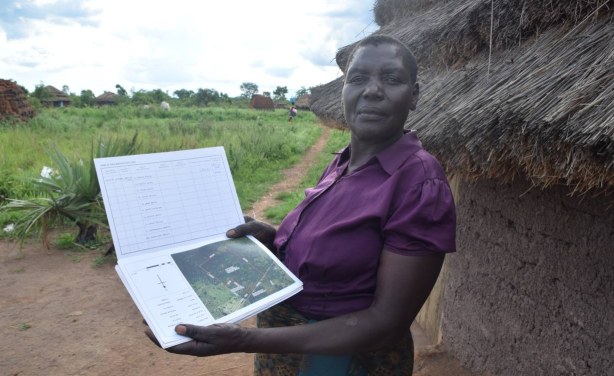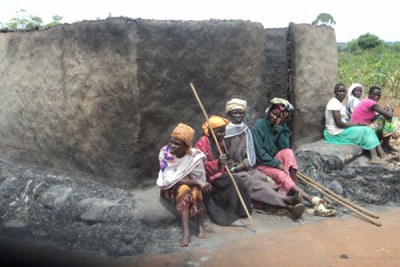-
Uganda: Drive to Certify Customary Land Runs Into Culture Clash
Thomson Reuters Foundation, 1 June 2021
Giving titles to landholders is meant to bring security and economic benefits - but some cultural leaders say it undermines the idea of customary land itself Read more »
-
Uganda: Leasing Land - Laying Out the Process
Monitor, 19 May 2021
Leasing land is one among several ways that one can acquire land in Uganda. Following guidelines provided by Minstry of Lands, Housing and Urban Development, a land owner can… Read more »
-
Uganda: Govt Reclaims Naguru Estate Land for Own Use
Monitor, 17 May 2021
The government has reclaimed the Naguru-Nakawa land after 10 years. Read more »
-
Uganda: Govt Unveils Plan to Regulate Land
Monitor, 3 February 2021
Government has unveiled proposals of new regulations and laws on ownership and management of land, especially in Buganda region that put the burden on purchasers to ensure the land… Read more »
-
Uganda: Farming and Land Ownership
Monitor, 19 December 2020
We cannot discuss farming without talking about land. Farmers must fully understand the importance of land since it is the space where crops and livestock are raised. Read more »
Uganda Drive to Certify Customary Land Runs Into Culture Clash
Since 2015, the government has issued more than 25,000 Certificates of Customary Ownership (CCOs), giving customary landholders documentary evidence of their tenure, with the aim of reducing land conflicts and improving the financial security of rural families. However, cultural leaders have said the government's attempts are clashing with traditional concepts of what property is, and who gets to define it. More than three-quarters of all land in Uganda is held under customary tenure systems, according to government figures. The concept of certifying customary land is outlined in the 1995 constitution, which gives legal recognition to customary tenure for the first time. Certificates allow people to use their land as collateral for bank loans, helps women protect their inherited land from being taken by people from outside their communities. It could also allow for better compensation for villagers if their land is taken for factories, commercial farming and infrastructure projects, Oxfam's Uganda Land Rights Co-ordinator Jimmy Ochom has said. A 2019 survey by the Hague Institute for Innovation of Law found that nearly 60% of Ugandan widows have experienced a land dispute.
InFocus
-
Uganda's economy is agriculture-based, which has led to incessant conflicts over land. Recently, skirmishes over land led to the loss of lives in Apaa in northern Uganda. ... Read more »

Santa Otyeka with her certificate of customary ownership, in Pader district, Uganda, on May 5, 2021 (file photo).


